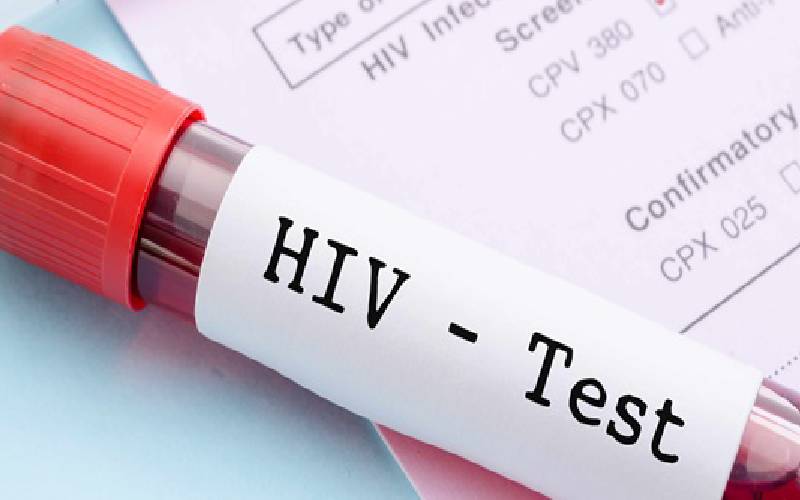
Edelqueen is a typical representation of the modern-day sophisticated woman. Confident, beautiful and blessed with unparalleled eloquence, it’s hard to even begin to fathom what the dignified career lady has been through especially since she found out that she was HIV positive aged just 14. Born 30 years ago in Nairobi, her parents died when she was really young. According to Queen, her father died after battling an illness that paralysed him. Meanwhile, her mother had an ailment that had turned her into a bag of bones. “I am the last born in a family of five. My mother died when I was eight while my father passed away when I was 10. I had a younger brother who died young.”